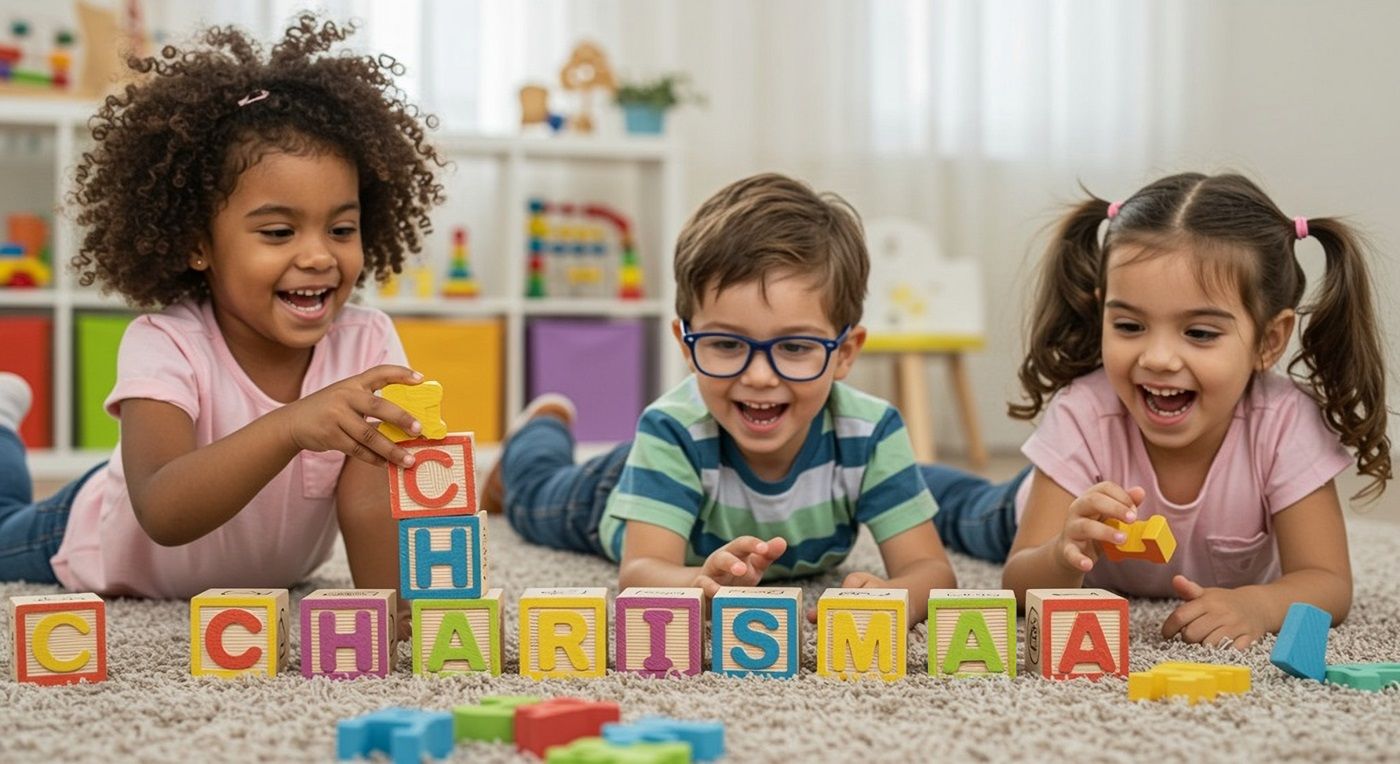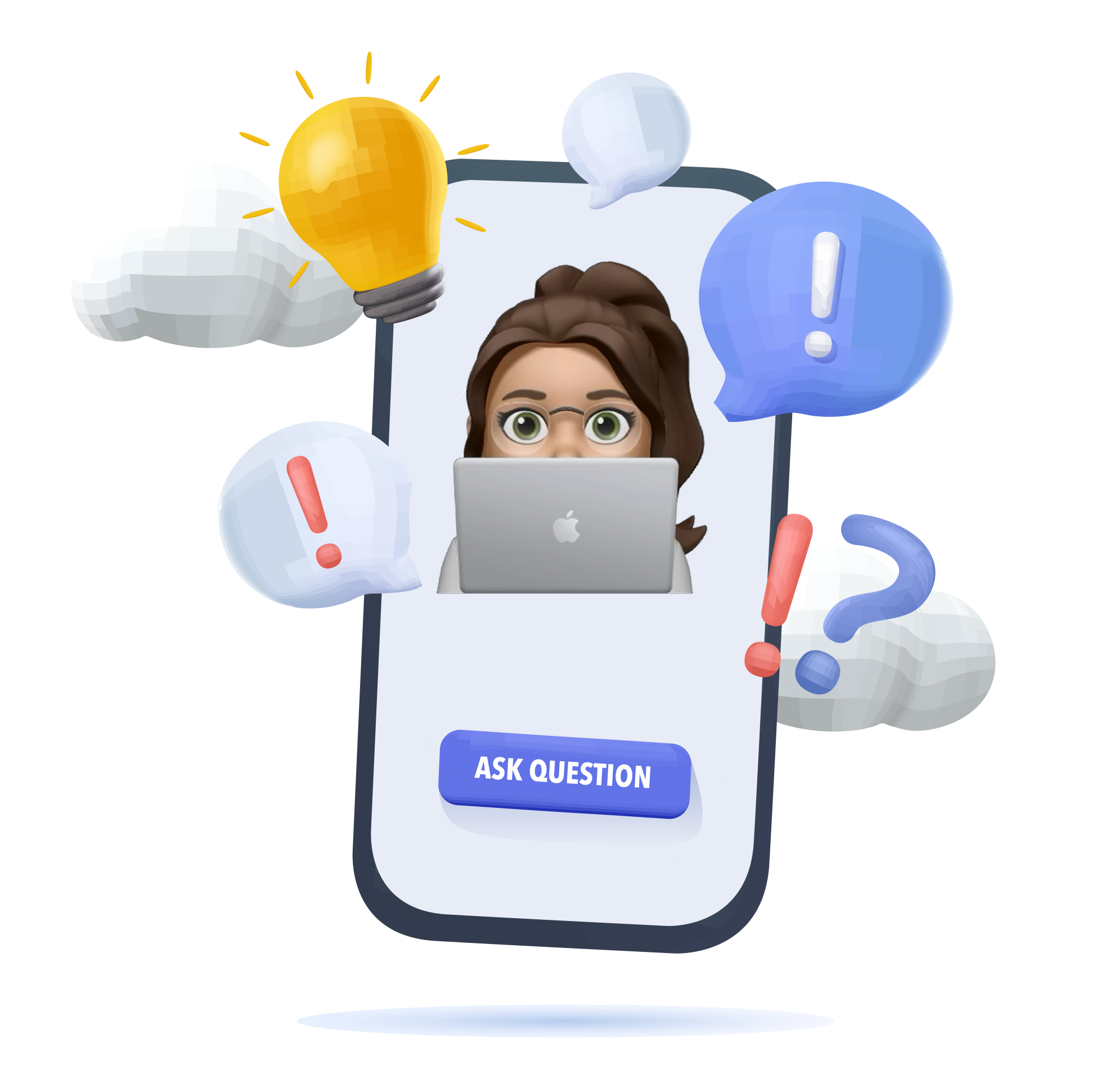Scroll down

About Charisma
At Charisma, we are dedicated to transforming the educational journey for children and adolescents with Special Educational Needs. Our mission is to provide tailored, innovative, and compassionate education, ensuring every child thrives in an environment designed to meet their unique learning styles and abilities.
Founded by Maria Christina Mountouccou, an experienced Special Educational Needs specialist, Charisma is built on a foundation of evidence-based practices and personalized teaching methodologies. With a passion for inclusion and a commitment to excellence, we aim to empower children, support families, and create awareness about the importance of differentiated learning in Cyprus.

Services
We offer a range of educational support services designed to help children succeed in their learning journey. Each program is tailored to meet the unique needs of individual students.
- Homework Club
- Special Education Support
- Reinforcement Lessons for Greek, English, and Mathematics
- Primary School Preparation
- Training & Seminars for Parents and Educators
- Inclusive Play & Learning Workshops for Children and Parents
* Private & group sessions
